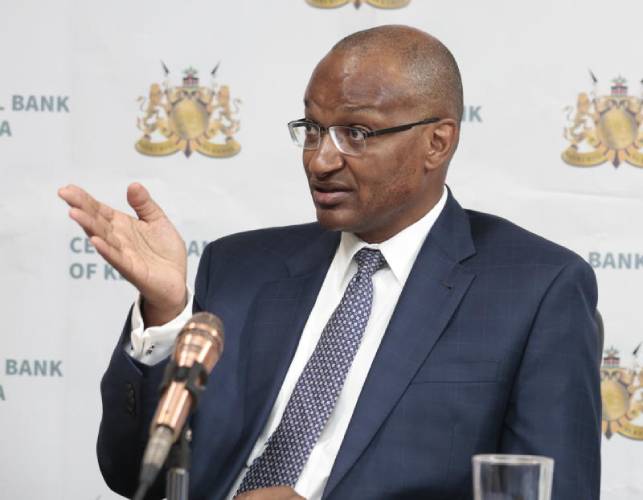×
The Standard e-Paper
Fearless, Trusted News

Kenya’s headroom for new borrowing has shrunk since it tapped the Eurobond market this month and it is time for the country to begin reorganising its debt, central bank governor Patrick Njoroge said on Tuesday.